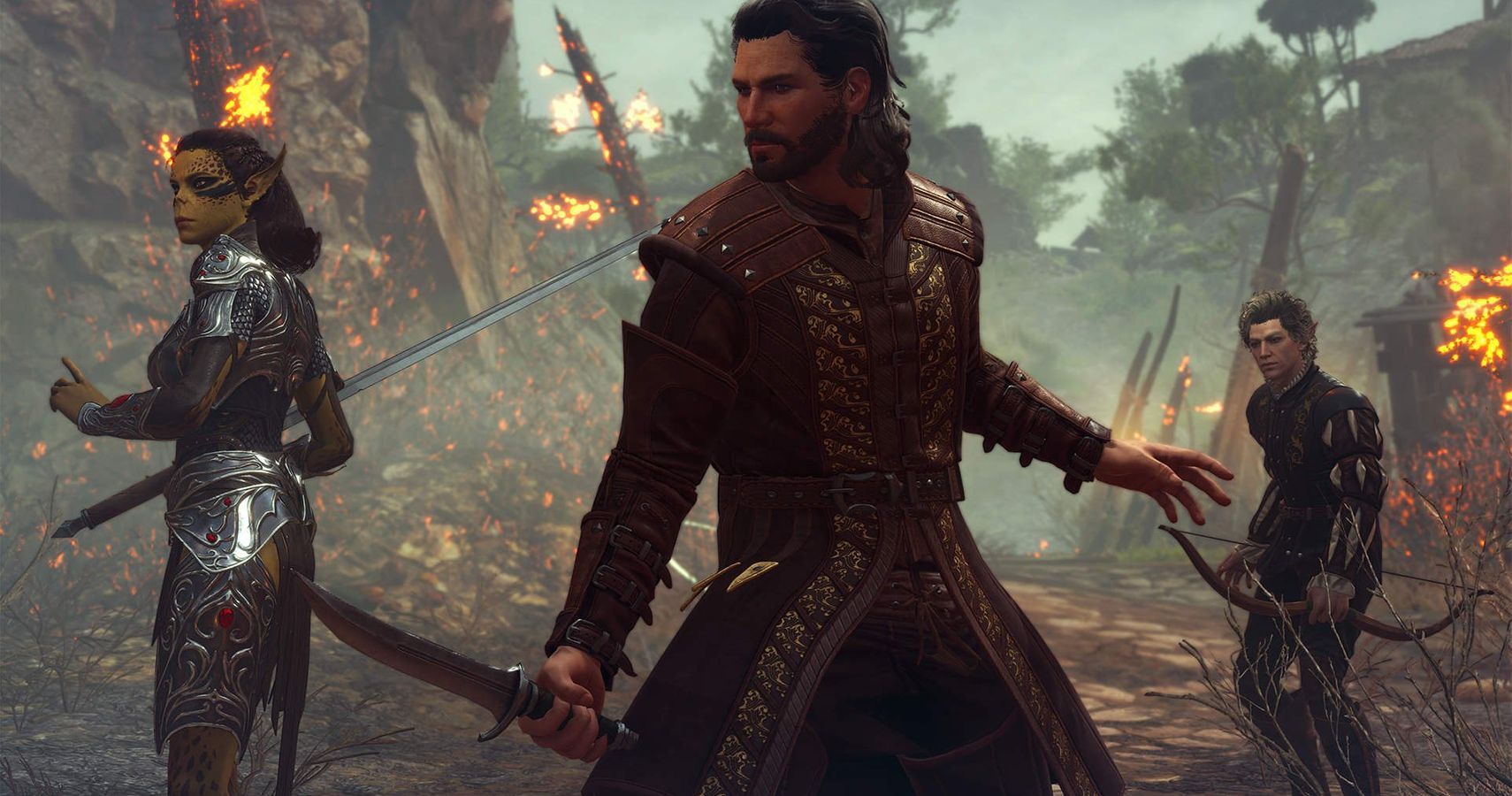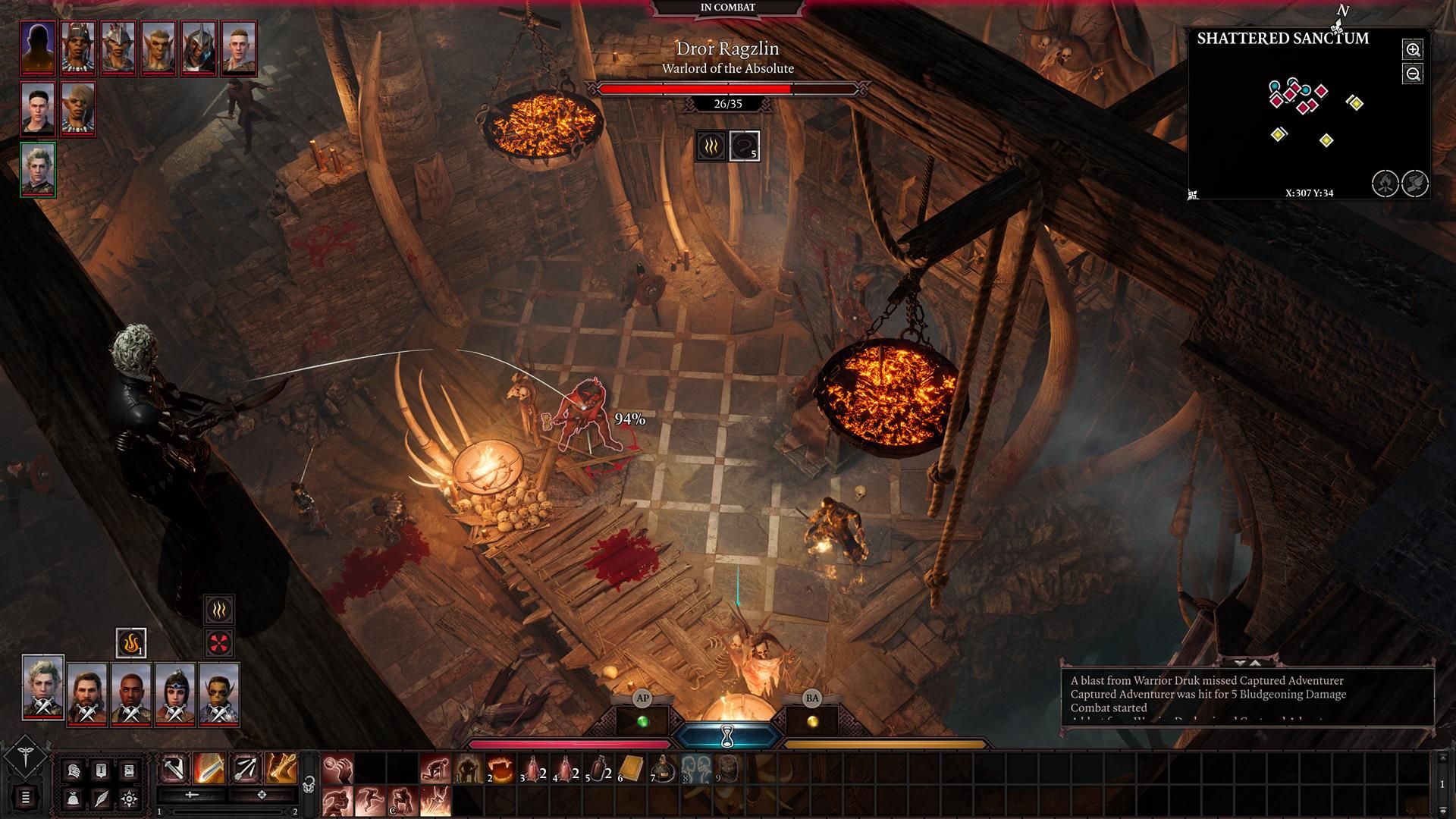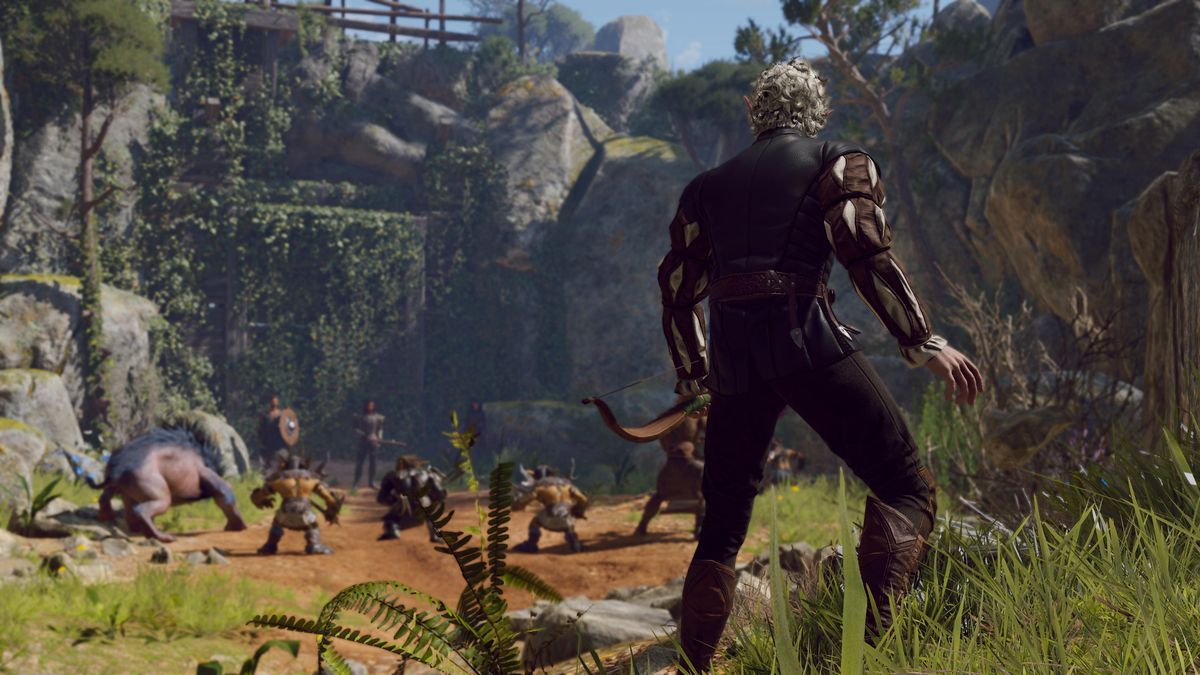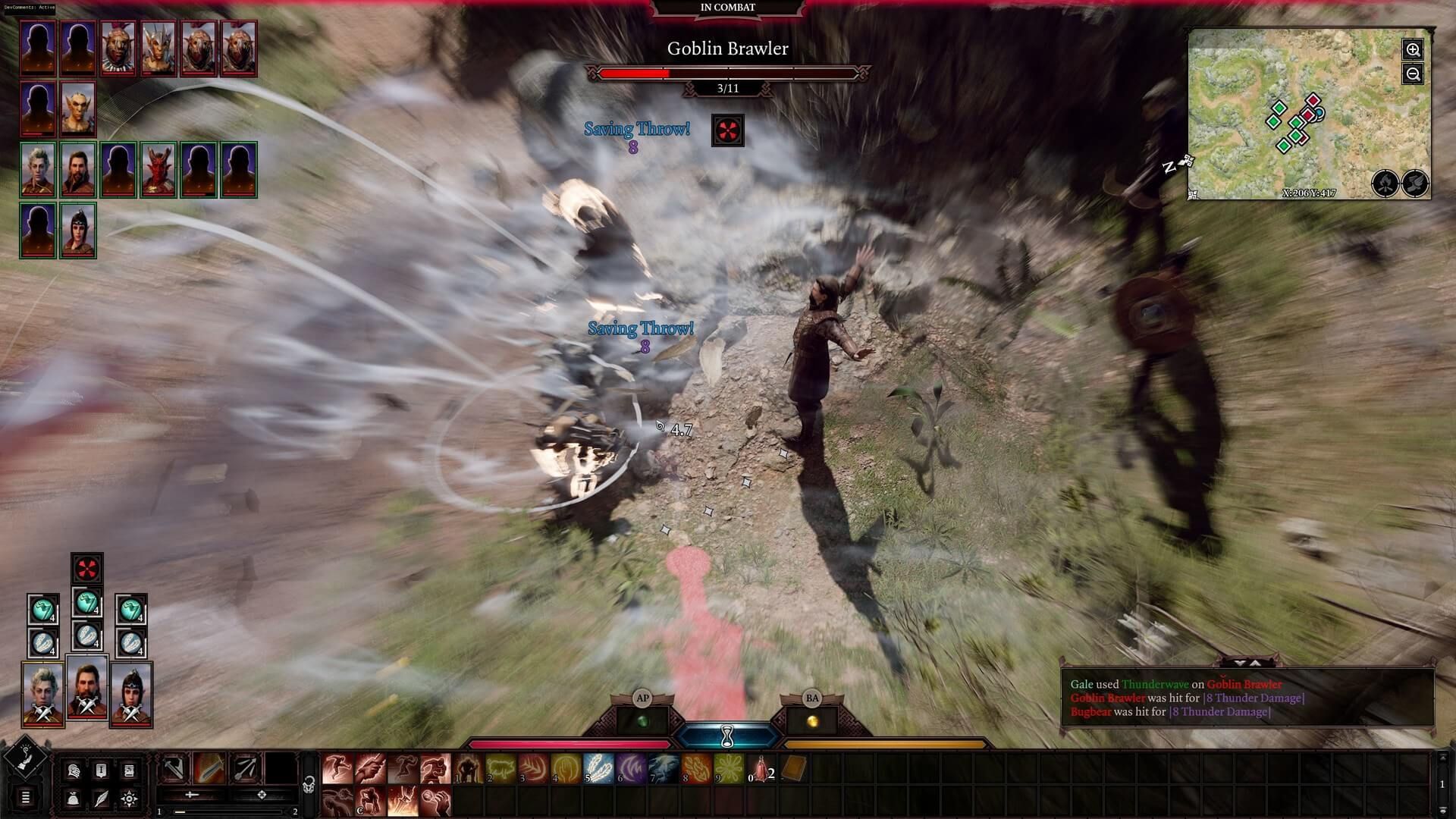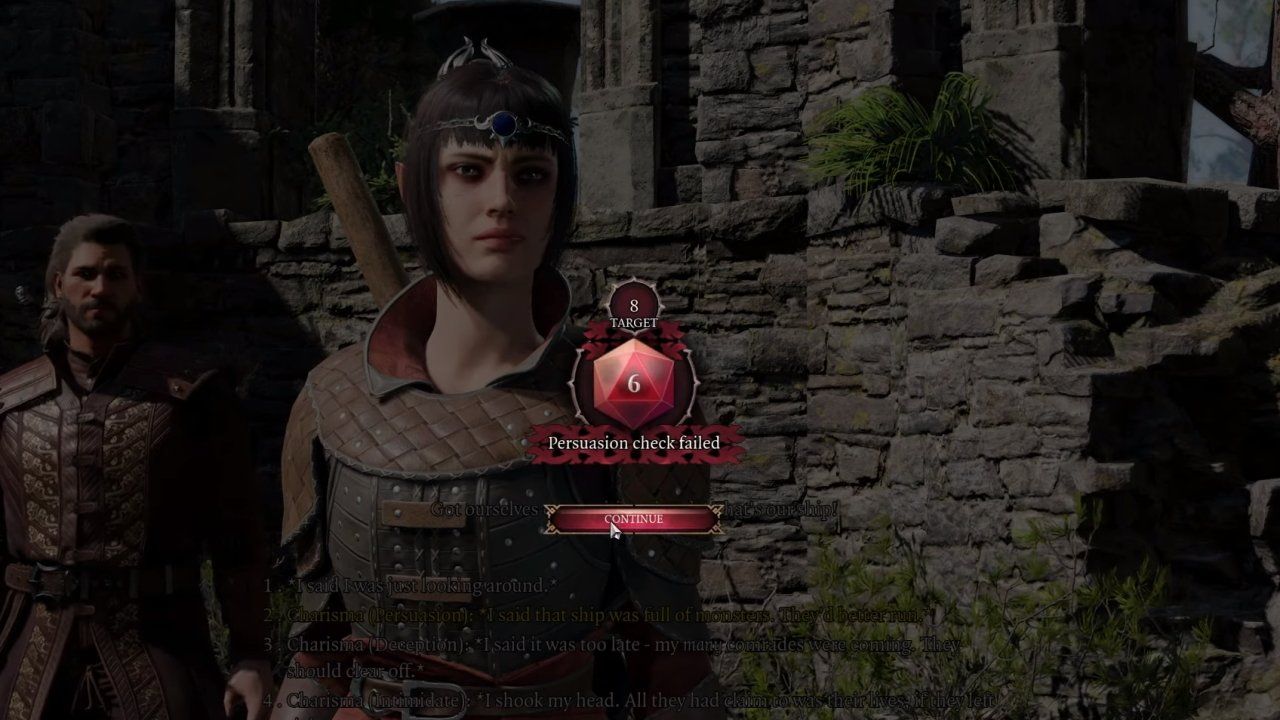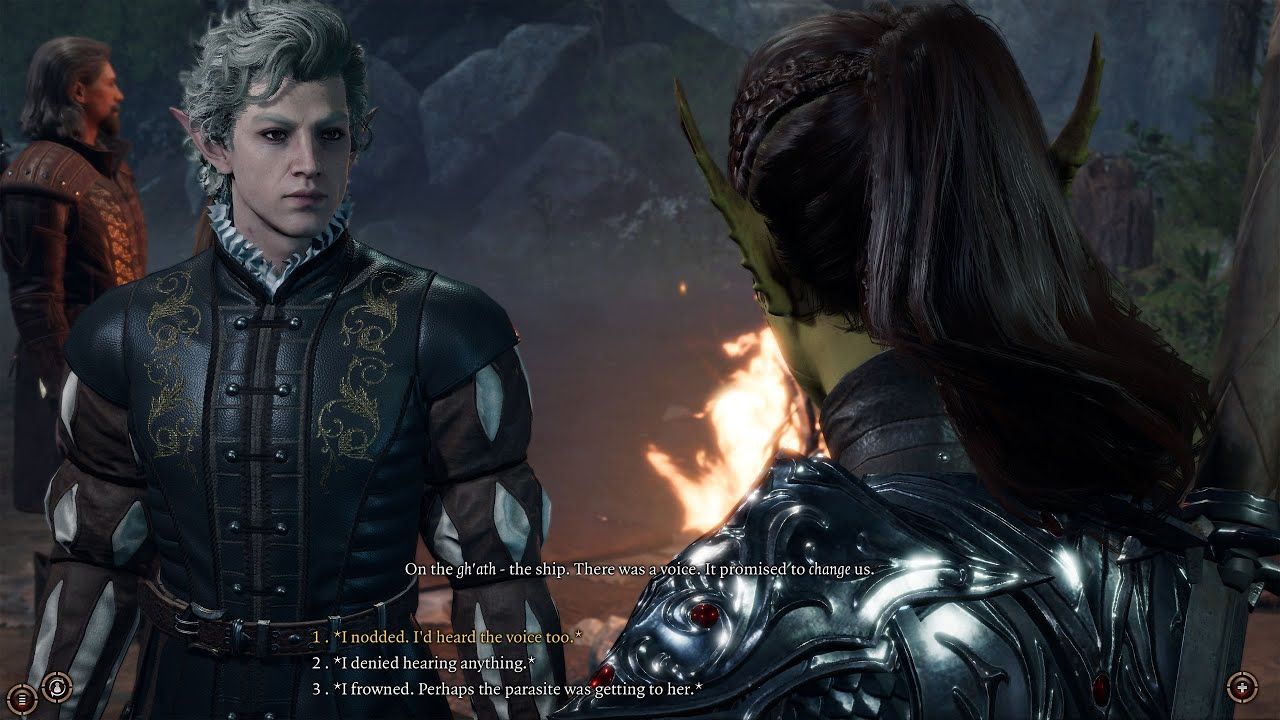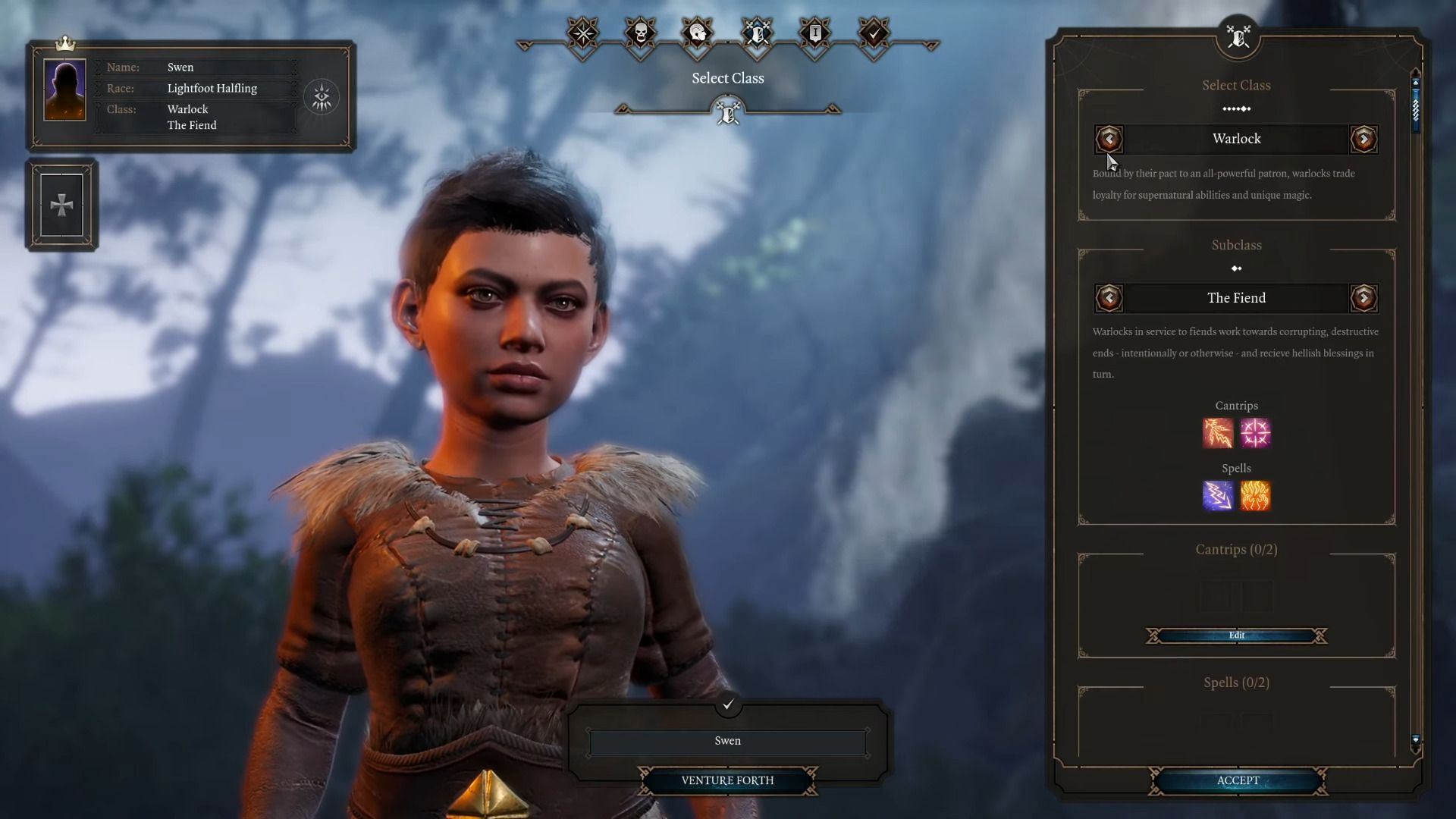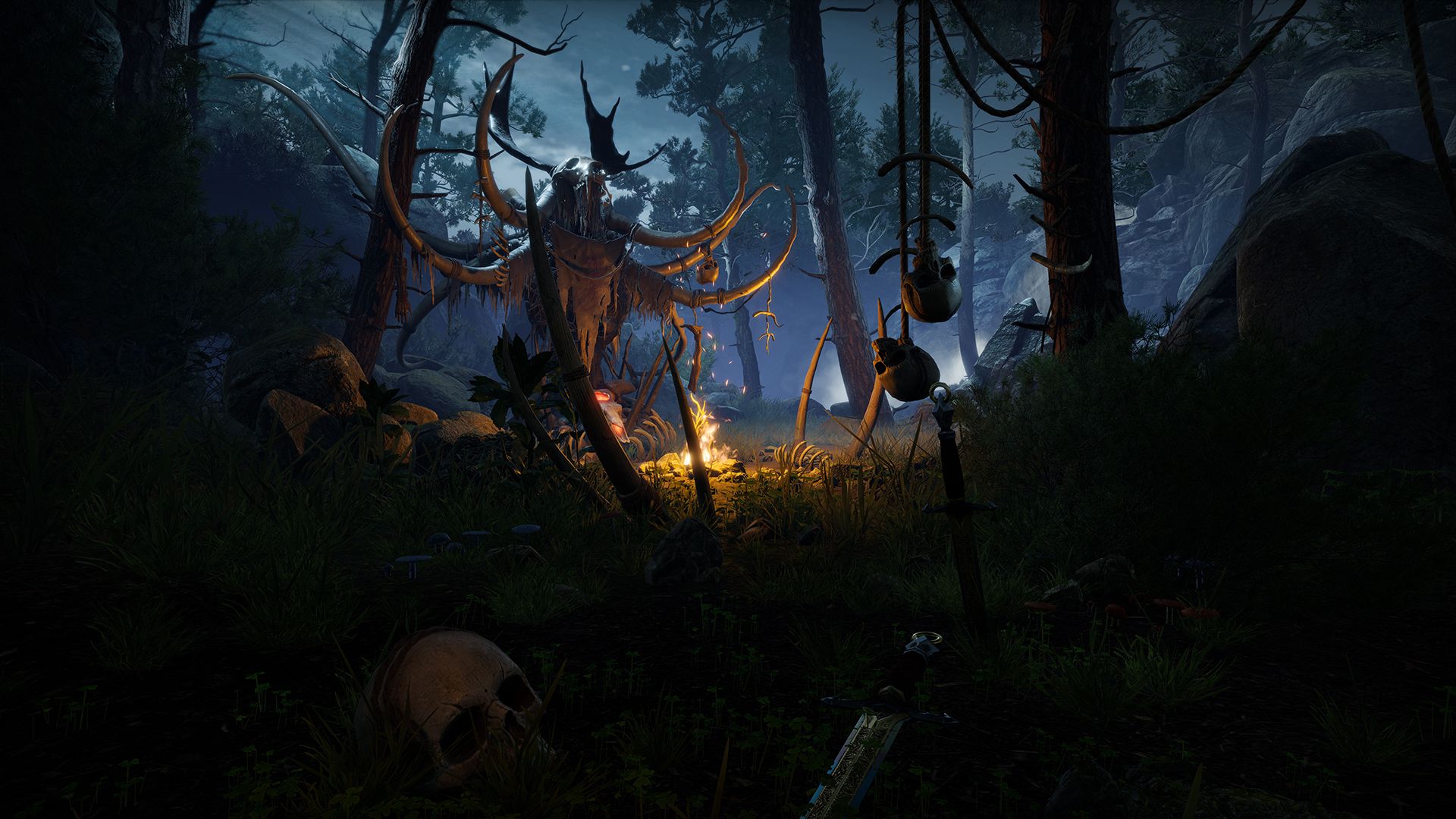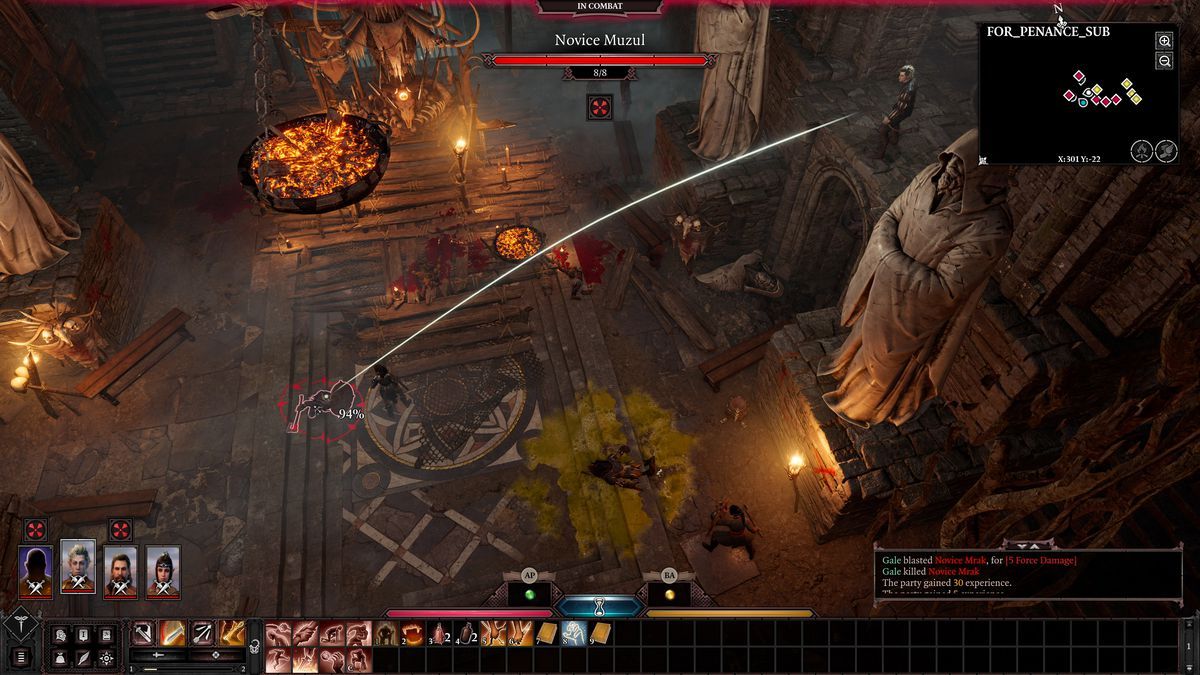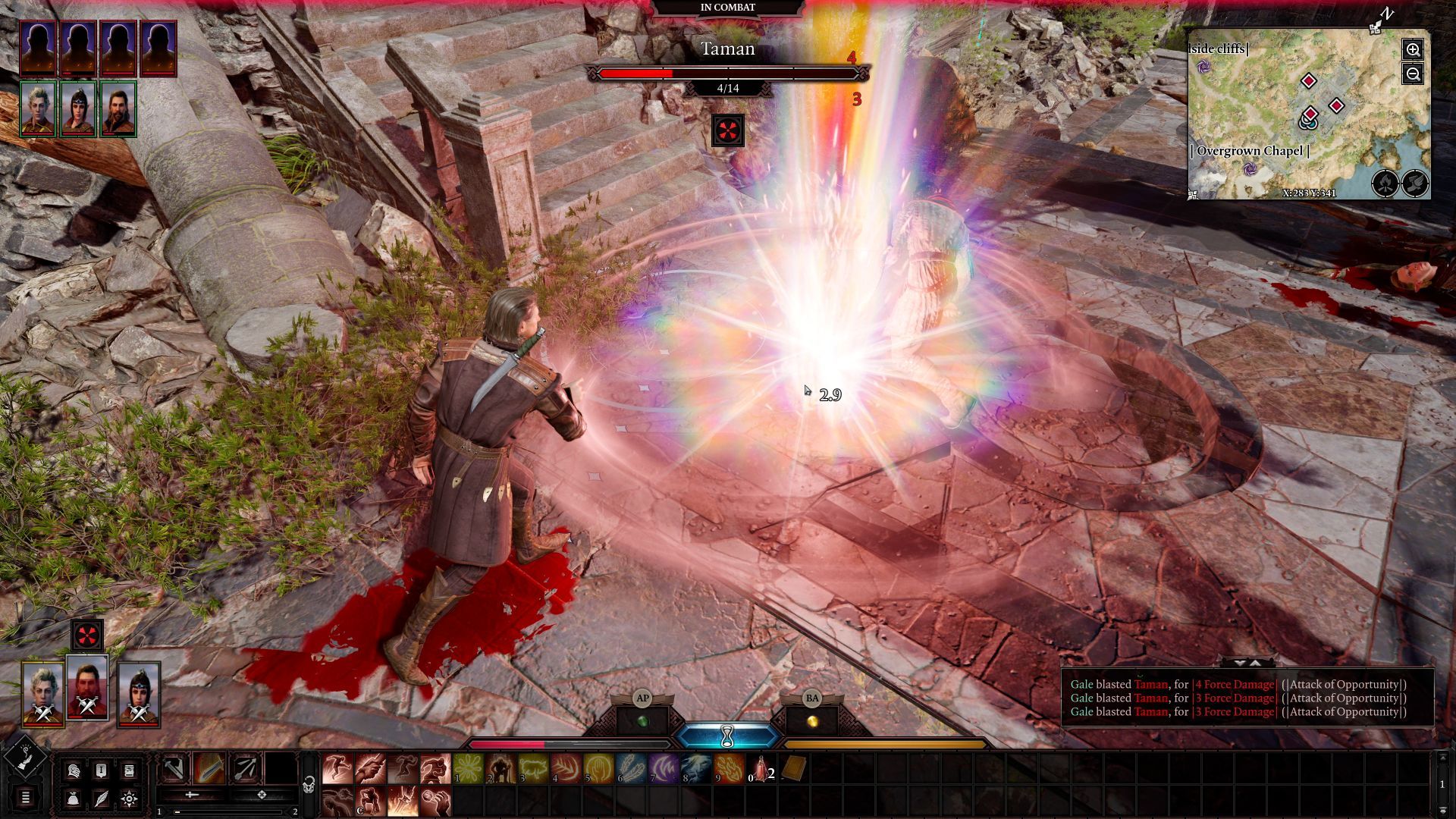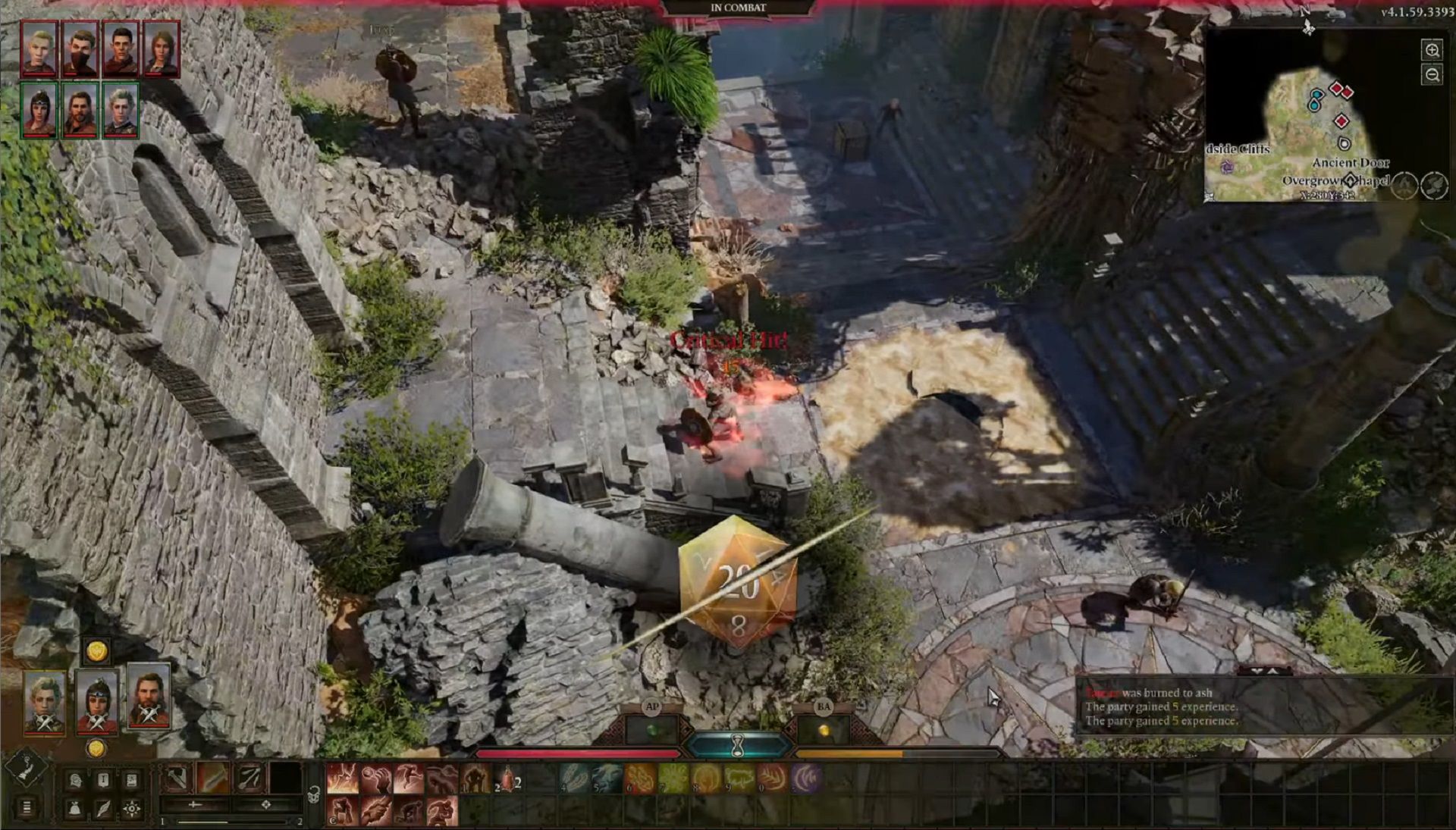It has been more than a decade ever since the last near 1:1 Dungeons and Dragons game has been released (Neverwinter Nights 2). That very well means it's about time we get a new and faithful Dungeons and Dragons game given the popularity of Fifth Edition (5e). Thankfully, Larian Studios has heard the collection lamentations of Baldur's Gate fans and is now hard at work in Baldur's Gate 3.
Like its predecessors, Baldur's Gate 3 is a video game adaptation of Dungeons and Dragons complete with the ruleset and the systems mostly intact. Now, which particular tabletop rules will Larian port over to the game? It appears they're targeting all of them, but here are the 10 of the most impactful mechanics they have already confirmed. More reasons to be excited about the upcoming game.
10 TURN-BASED COMBAT
Something Larian decided to do differently compared to previous D&D games like Baldur's Gate 1&2 or Neverwinter Nights is incorporate turn-based combat. Previous D&D titles employed real-time but pausable fights which can get rather chaotic.
Baldur's Gate 3 is following the tabletop game's structure in this regard, making fights more organized and possibly longer. It breaks Baldur's Gate's tradition but makes more representative of a D&D experience.
9 ACTION ECONOMY
One of the most prevalent maths involved in Dungeons and Dragons is calculating how much you can do on your turn. You have one action, a bonus action, and some item interactions or free actions that don't affect combat too much. You'll be pleased to know that this math also exists in Baldur's Gate 3.
In addition to that, movement is not tied to actions (unless you use Dash) meaning you can do more with Baldur's Gate 3 per turn compared to other turn-based video games.
8 SPECIAL ACTIONS
In addition to your regular attack or spell which can be spent as an action, you can also other more specialized actions in Baldur's Gate 3, similar to how it is in D&D. Certain special attacks like shove or dodge make combat more tactical and creative.
Larian Studios has even added a special attack where you can throw your character's boot at an enemy in case you're in a desperate situation or are just looking to insult your opponent.
7 PASSIVE SKILL CHECKS
Outside of combat is where the roleplaying aspect of Dungeons and Dragons shines where you can interact with the world and the environments how your character should or depending on how you created them.
Baldur's Gate 3, like its predecessors, successfully captures this by adapting D&D's passive skills and abilities. Anything from breaking a locked door to being a lie-detector requires certain skills and even then, you might still fail.
6 TABLETOP DIALOGUE
In addition to passive skills and abilities, the dialogue is also where D&D becomes a true roleplaying experience where you can pretty much say anything you want if it's in character. Baldur's Gate 3 honors this D&D tradition with flying colors.
In fact, the dialogue options your player can choose even mimics what a player would say at a tabletop session such as starting a dialogue by first describing your actions or what you're going to talk about. It helps set up that tabletop atmosphere.
5 CHARACTER CREATION
Not many video game RPGs can capture the bliss and freedom that D&D's character creation can offer. The number of choices and variety are staggering-- even ensuring that no two characters are ever the same (unless intended).
Baldur's Gate 3 seems to be going this route as well with races and subraces along with the varied origin story stereotypes like the Soldier, Noble, etc. Couple those with the 12 original classes (and possibly their subclasses) and you have yourself infinite replayability.
4 RESTING
Larian Studios hasn't specified yet whether spell slots will indeed be tied to resting in Baldur's Gate 3 much like in D&D 5e. However, they're no doubt adapting the long and short rest system from the tabletop-- albeit modifying it a bit.
Short rests in-game are apparently considered as the time between combat encounters while long rests are camping for the night. With that kind of system in place, Baldur's Gate 3 can balance out the power of spellcaster classes better.
3 ADVANTAGE AND DISADVANTAGE
If there was a streamlined mechanic that made 5e a lot less messy compared to the previous editions, that would be the advantage and disadvantage (along with the proficiency bonus). It's a way to increase or decrease the chances of your character hitting or missing their targets as well as their success in certain actions; the same goes for enemies.
Thankfully, Baldur's Gate 3 is also incorporating this system, leveraging higher grounds and environmental obstructions to spice up combat.
2 DEATH SAVES
When it comes to handling player deaths, 5e also made it simpler and more forgiving though it's not exactly sunshine and lollipops either. Whether your character dies after dropping to 0 HP all depends on the dice.
Baldur's Gate is staying true to this system where you get three chances of failing or succeeding your death saving throws (whichever maxes out first). It makes fights more nerve-wracking and threats (or healers) more meaningful. All this depends on the d20 die, speaking of which...
1 DICE ROLLS
Finally, we have the most important and iconic aspect of D&D, the chaos-- er, dice rolls! You can be the angriest barbarian or the edgiest warlock in theory but the dice will still determine how well your character does in practice.
All the dice rolls for Baldur's Gate 3 will happen in the background and you can even see them in an in-game log. All kinds of seven dice are accounted for and like the tabletop game, you're at their mercy, so don't forget to keep your fingers crossed with each attack or ability and skill check.

